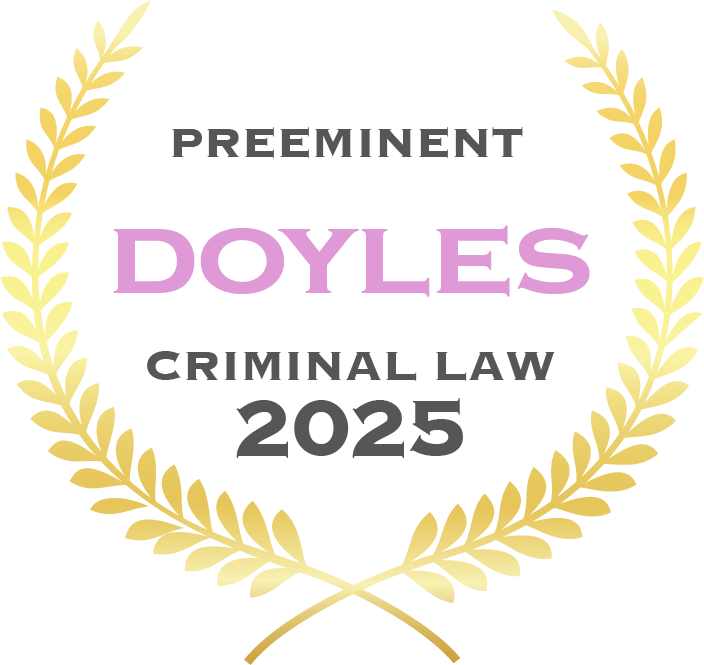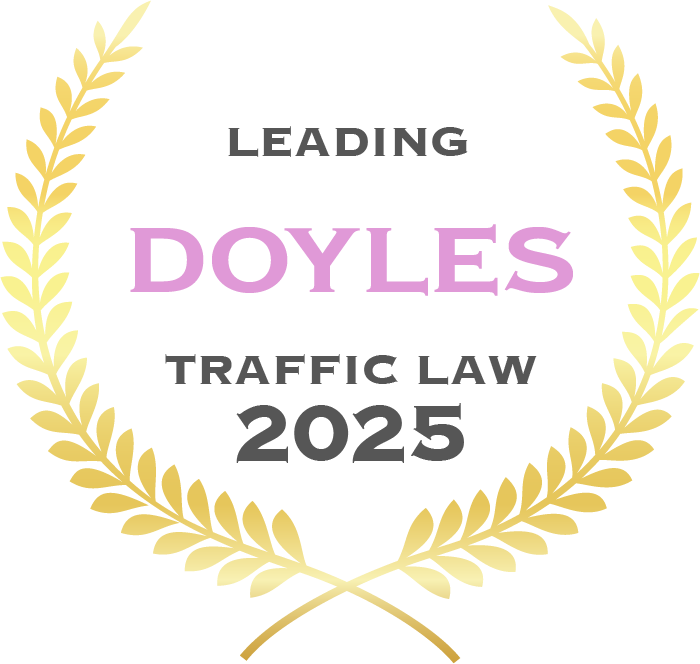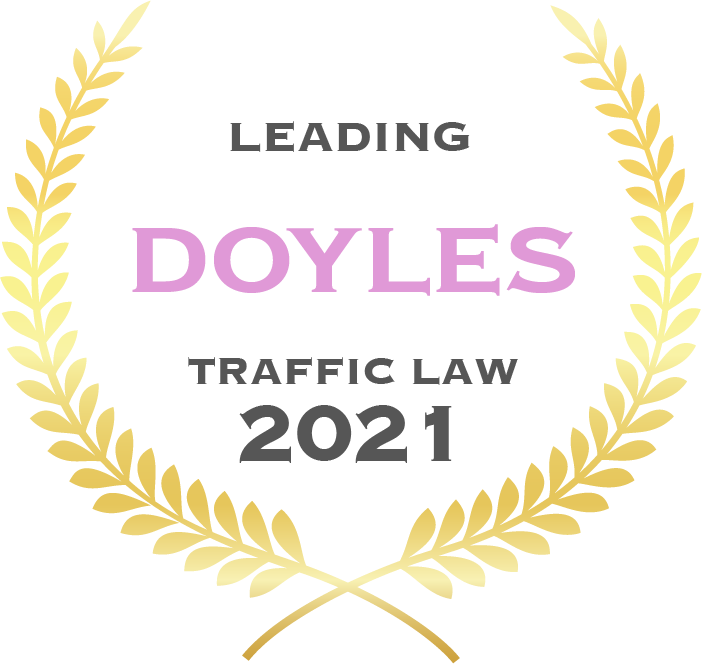Affray is charged when using or threatening unlawful violence that would cause a reasonable person to fear for their safety.
Affray is charged under Section 93C of the Crimes Act 1900 (NSW), which identifies the offence as:
Affray is a serious offence, carrying a maximum penalty of 10 years imprisonment. It is treated seriously because it is viewed as being an offence against public order.
As outlined under section 93C of the Crimes Act 1900, affray is defined as the unlawful use of violence (or threat of violence) towards another person in circumstances where that conduct would cause a person or reasonable firmness present at the scene to fear for their personal safety.
A person of reasonable firmness doesn’t actually need to be present; it will be sufficient if the prosecution can prove that a person of reasonable firmness would have feared for their safety had they been present. A verbal threat alone does not constitute an affray being committed.
This is a more serious offence than common assault, as it is viewed as an offence against public order.
Unlawful violence is defined as any sort of violence that cannot be excused by law. This does not include, for example, lawful violence, such as self-defence or the defence of others.
Put simply, a person of reasonable firmness refers to an ordinary person/ hypothetical bystander at the scene of an event who, as a result of the event, fears for their personal safety. While there is no legal definition for a ‘person of reasonable firmness,’ it is largely accepted as being an average citizen.
The main difference between assault and affray is when other people fear for their safety.
This could include:
As per NSW legislation, the maximum penalty for affray is 10 years imprisonment.
However, the penalty given to someone found guilty of affray is highly dependent on the circumstances of their case. As such, the court can exercise discretion in the sentencing of an offender, which may result in any of the following penalties:
The type and severity of the penalty would be determined based on various factors, including the nature of the unlawful violent behaviour, whether harm was inflicted and whether the conduct was committed in a public place.
As a table 1 offence, your case may be heard in the local or district court. If your matter is dealt with in the local court, you will be liable to a maximum sentence of 2 years imprisonment if found guilty. If your case is committed to the district court and you are found guilty, the maximum sentence of 10 years may be applied.
If an individual has been charged with affray, but they/ their legal team believes their actions are justifiable, they may be able to raise a legal defence that can result in either an acquittal or diminished sentence.
The experienced team at Hamilton Janke lawyers can advise you of any possible defences relevant to your circumstances. With reference to affray charges, these include, but are not limited to:
Self Defence – The accused used unlawful violence to protect themselves, their property or another individual
Duress – The accused used unlawful violence at the threat or coercion of another
Necessity – The accused used unlawful violence to prevent serious injury or danger
If you choose to plead guilty to affray charges in NSW, you agree with the charges against you and take responsibility for the offence. In these circumstances, your matter will progress to sentencing, where the judge or magistrate will assess the case’s individual circumstances to determine an appropriate punishment. If your matter is heard in the local court you are liable to a maximum penalty of 2 years imprisonment and are liable to a maximum penalty of 10 years imprisonment if your case is heard in the district court.
If you choose to enter a guilty plea, doing this at the earliest possible opportunity will usually provide the best possible outcome in sentencing. This will mean your case progresses straight to sentencing, with a maximum 25% sentencing discount for an early plea.
As a criminal offence, the burden of proof for a charge of affray lies with the prosecution. In order for an individual to be found guilty of affray, the prosecution must prove beyond a reasonable doubt:
If the prosecution cannot prove these elements beyond a reasonable doubt, the accused will be found not guilty of affray and no criminal conviction will result.
If you are being charged with criminal offences such as affray or other public order offences, it is vital that you seek legal advice and legal representation. Our experienced criminal lawyers will be able to advise you on how to proceed and assist you through every step of the process. Contact our expert Criminal Defence Lawyers now.
Speak to our criminal and traffic lawyers now for expert legal advice and representation.
Defending charges of possession, supply, and large-scale trafficking.
Representation for common assault, domestic violence, and serious harm matters.
Discreet and rigorous defense against sensitive allegations and historical charges.
Expert representation for urgent bail applications and all courtroom hearings.
2025

Three Best Rated
2025

Three Best Rated
Top 3 Criminal Lawyers
2025

Doyle’s Guide
2025

Doyle’s Guide
2024

Doyle’s Guide
2023

Doyle’s Guide
2022

Doyle’s Guide
2021

Doyle’s Guide
2021

Doyle’s Guide
2020

Doyle’s Guide
Our team are dedicated to protecting your rights and delivering exceptional legal outcomes.